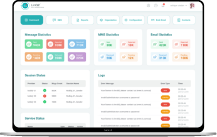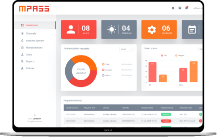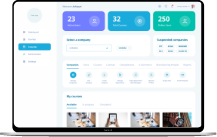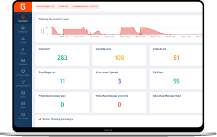The Difference Between Phishing Attacks
Phishing attacks are harmful attacks used by criminals to steal personal and financial information from individuals and businesses.
Attacks on individuals and businesses are becoming more common as we use the internet and technology more often in our daily lives.
Phishing attacks involve the use of dishonesty and fraudulent methods to fool consumers into believing they are interacting with the trustworthiness of an unsuspecting destination, such as banks, email companies, or social media platforms.
But what is the difference between phishing attacks?
How can individuals and organizations protect themselves from such attacks?
That is what this article will cover.
What Are The Most Popular Types of Phishing Attacks?
Perhaps the most famous types of phishing scams are:
Phishing via SMS messages (smishing)
Phishing via e-mail (Phishing)
Phishing over Voice communication (Vishing)
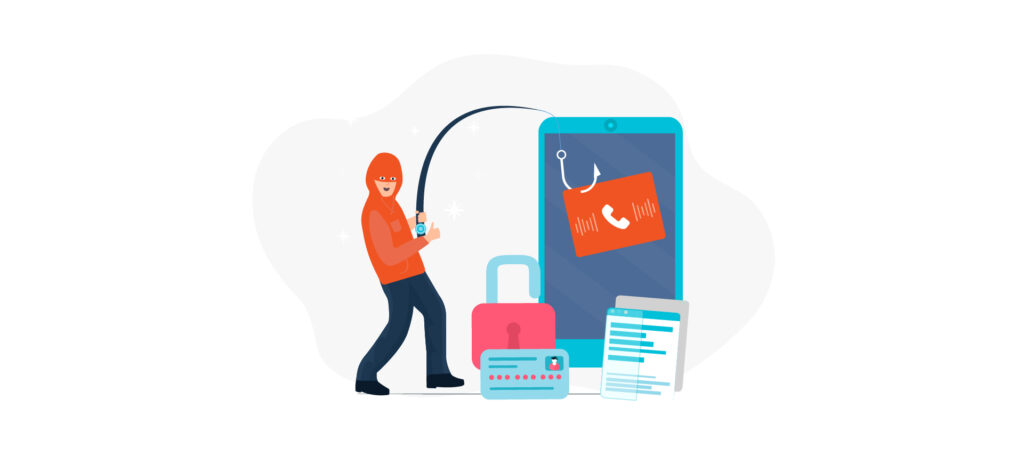
These attacks are similar in the usage of fraudulent methods to trick users into providing attackers with personal and financial information.
There are, however, some significant variations between these attacks.
Text message Phishing (Smishing):
Short text messages (SMS) are used in these attacks to trick users into clicking on a suspicious link or sharing personal and financial information.
For example, attackers could send a text message claiming to be from the bank, asking the user to update the bank account information through a link, and then redirecting the user to a false website to collect sensitive information.
Phishing via e-mail (Phishing):
Fake emails are used in these attacks to trick users into thinking they are interacting with a trustworthy organization, such as a bank or an email provider.
A strange link is often found in e-mails, directing users to a fully fake Phishing e-mail Web page that collects users’ personal and financial information.
Phishing over Voice communication (Vishing):
Voice telephony is used in these attacks to trick users into thinking they are interacting with a trustworthy organization, such as a bank or a financial services company.
To get users to share personal and financial information, such as a bank account PIN, National Identification number, or OTP number, voice manipulation and fake information methods are used.
What Are The Main Dangers of Phishing Attacks?
Phishing attacks may cause a variety of challenges, including:
Theft of personal information:
Attackers can use Phishing attacks to obtain users’ personal information, such as names, addresses, national identification numbers, bank account details, credit card details, and these information can be used for forgery and other fraud.
Financial fraud:
Attackers can use phishing attacks to steal money or transfer it to other accounts using the personal information obtained or by persuading users to provide their financial information.
Reputation damage:
Phishing attacks can damage the reputation of targeted organizations and companies due to the use of their name and logo in fake attacks.
Electronic penetration:
Phishing attacks can lead to electronic penetration of devices and networks, due to which users open suspicious links or upload malicious files.
Waste of time and resources:
Dealing with phishing attacks can lead to a loss of time and resources as organizations and individuals must conduct verification and investigation and take the necessary security measures, which can affect productivity and efficiency.
Psychological damage:
Exposure to phishing attacks can cause psychological damage to individuals and organizations, especially if there are significant financial or information losses.
Legal violations:
The use of phishing attacks can lead to legal violations due to electronic hacks and the use of stolen information in fraud, forgery, and theft.
Ways to Protect Against Phishing Attacks.
There are many strategies for protecting against phishing attempts, including:
Verifying the identity of the issuer:
The identity of the issuer must always be verified before providing any personal or financial information , the alleged party can be contacted directly to verify the correctness of the information provided.
Do not click on suspicious links:
You should avoid clicking on suspicious links in emails and text messages and not upload unknown files.
Update protection software:
Anti-virus and malware software should be installed and updated regularly to ensure better protection of devices and data.
You should use strong and unique passwords for each account and avoid using easy to predict passwords such as date of birth or consecutive numbers.
Training and digital awareness:
Employees and users should be made aware of the methods of phishing attacks, trained on how to deal with them, verify the identity of the source, and avoid clicking on suspicious links.
Using security applications:
Security applications such as two-factor authentication applications and password management applications can be used to increase security and protect against phishing attacks.
Hardware and software updates:
Hardware and software should be updated regularly to correct security vulnerabilities and enhance protection.
Caution about personal information on social networking sites:
Caution should be exercised when it comes to personal information posted on social networking sites, as it can be used by attackers in phishing attacks.
Stay away from public networks:
You should avoid using open and anonymous public networks, as attackers can gain access to sensitive data sent and received.
Report suspicious activity:
Any suspicious activity should be reported to the relevant authorities, such as banks, email companies, or government agencies, to take the necessary measures to protect users.
Conclusion
In short, phishing attacks pose a serious threat to individuals and organizations, and you need to take measures and precautions to protect against them.
Among these measures is the multi-factor authentication system, which provides better and more secure protection for systems and employees from these attacks.
Cerebra developed mPass, a multi-factor authentication system that provides high level protection for users while maintaining ease of use.
If you want to protect yourself or your organization from phishing attacks, you can consider using mPass from Cerebra as a reliable and effective security solution.
It is an important step to protect yourself, your money, and your personal information from the risk of fraud and phishing.
Share this article:
Popular

Keeping Our Kids Safe Online
A Guide For Keeping Your Kids Safe Online Parents and all who are concerned about the well-being of our young kids in this digital world. Today we will discuss a topic of utmost importance: digital safety for kids. Yes, the Internet can be a very dangerous place for our young kids , especially with the spread of phishing scams. So, let us dive deeper and present to you, in this comprehensive article, a comprehensive guide on digital safety for kids. What every parent needs to pay attention to. Internet risks for kids: The internet has become a big part of ...
17th Jul 2024
Could you be hacked through Slack?
Could you be hacked through Slack? The usage of collaboration platforms such as Microsoft Teams and Slack has significantly increased, with nearly 80% of employees utilizing them. These platforms are designed to be convenient and easily manageable for daily conversations within organizations. However, what makes them easy and convenient also renders them vulnerable to cyber threats and attacks. In 2021, for instance, 780 gigabytes of data from the gaming giant Electronic Arts (EA) were breached through Slack! During the same year, a security vulnerability in Microsoft Teams was exploited to launch a widespread cyber attack on ...
12th Jun 2024
Tips To Be Cyber Protected While Traveling
Goodbye worry! A safe journey in the digital world With all the modern wonders of the digital world, we trust communication technologies on our journeys. There is no doubt that the travel experience is always more beautiful and enjoyable, but it can also pose a range of risks, especially when it comes to cybersecurity. Travelers may fall victim to phishing, Wi-Fi network spying, and theft of their personal data, which can make their journey filled with worries and tension. With the increasing prevalence of cyber threats, it is essential for travelers to follow some guidelines to protect their devices and ...
1st Apr 2024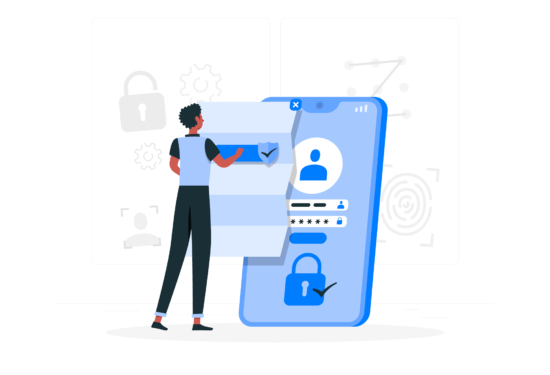
Push Authentication: A New Era in Multi-Factor Authentication
Want To Say Goodbye To Passwords and OTP Codes? Discover Push Authentication! It is easy for your password to be compromised through phishing attacks, even if it meets the cybersecurity strong password standards and is difficult to predict So we must get to know the technique of Push based Authentication. Some may recommend that you use Multi-Factor Authentication (MFA) to increase your security. Multi-Factor Authentication (MFA): MFA is the process of logging into your account through multiple steps. It requires you to enter more information, not just your password. But there is another obstacle that arises when using such ...
14th Feb 2024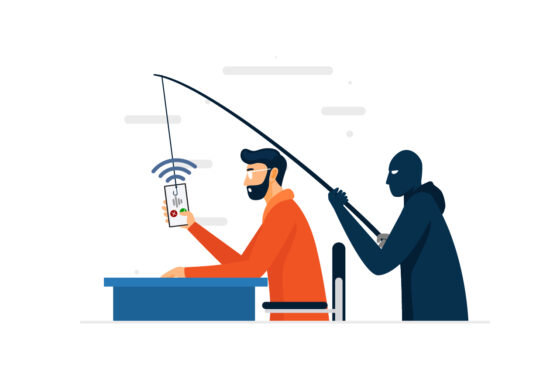
Understanding of the Vishing Meaning
Understanding of the Vishing Meaning Vishing, a combination of “voice” and “phishing,” is a sophisticated form of cybercrime that exploits voice communication to trick individuals and extract sensitive information. In this comprehensive guide, we will explore the meaning of it, the dangers associated with it, and effective methods to protect yourself against these malicious attacks. What is Vishing meaning? Vishing refers to the fraudulent practice of using telephone services to trick individuals into revealing personal and financial information. Scammers often pose as trusted organizations or individuals to gain their victims’ trust. By using social engineering tactics and manipulating ...
5th Jul 2023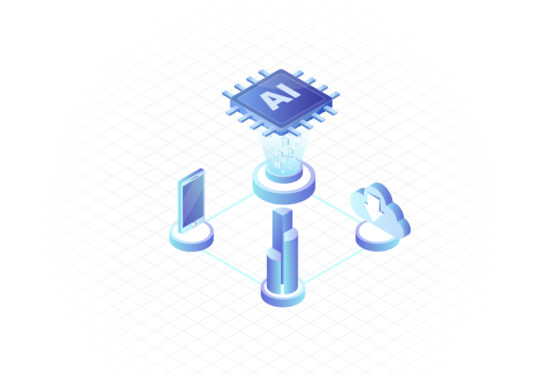
How could Artificial Intelligence tools threaten cybersecurity
How could Artificial Intelligence tools threaten cybersecurity? As Artificial Intelligence Tools become more sophisticated, they can be used to launch cyber attacks that are more complex and difficult to detect. In this article, we will explore how AI tools could threaten cybersecurity and what measures can be taken to mitigate these threats. Artificial Intelligence (AI) became popular today, and it is one of the most important terminologies in our current era, though it has been around since the 1950s. AI relies on the development of systems and technologies that help to do tasks by the simulation of human intelligence ...
11th May 2023
Cerebra is participating at GISEC 2023
We are thrilled to announce that we are going to GISEC 2023 and would like you to join us! Visit Cerebra at GISEC 2023 Hall #4 stand SP62 in Dubai World Trade Center from 14-16 March. GISEC Global is the leading gathering ground for the cybersecurity community worldwide. Top cybersecurity enterprises from 40 countries, CISOs from major corporations across the Middle East, Africa & Asia, government dignitaries and cyber leaders, regional and international innovators, and global experts collaborated to lead cybersecurity transformations across sectors and nations decisively. Get a chance to preview our latest Cybersecurity products: PhishGuard is the Phishing stimulations solution that raises the employees cybersecurity awareness ...
13th Mar 2023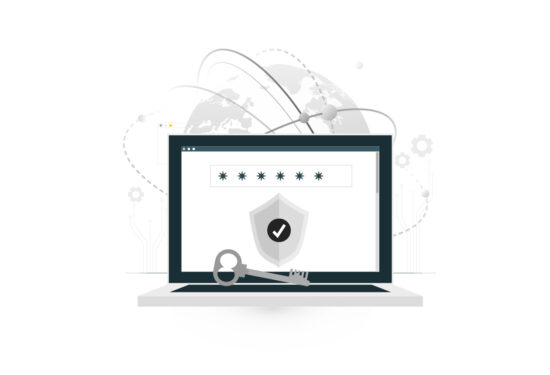
6 Tips to create a strong password easily!
Create a strong password easily! Today it’s very important to everyone who have an account either on social media or any other websites or services to Create a strong password, because you have to treat your password as your best stuff’s and protect it from others. Learn now the easiest and best tips you have to follow to make a strong password.. What is Password? A password is a string of characters that provides access to a digital system or service. It is a crucial security measure that helps to protect sensitive information from unauthorized access. Passwords can be as simple as a word ...
1st Feb 2023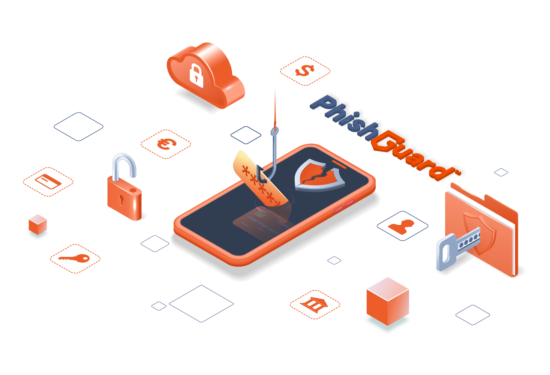
Employees and cyber security: dangerous statistics about Phishing
Employees and cyber security The relationship between employees and cyber security this days must be tight and your company have to give it the right care if you want to keep your data and your business secure.. According to insights from our leading Phishing simulation tool PhishGuard, 58% of users in Saudi Arabia have opened at least one phishing email. These insights reveal that at least one out of four employees have interacted with a phishing email, either by clicking on a link or downloading a malicious attachment. In some cases, employees have gone further and submitted their personal information ...
26th Oct 2022
